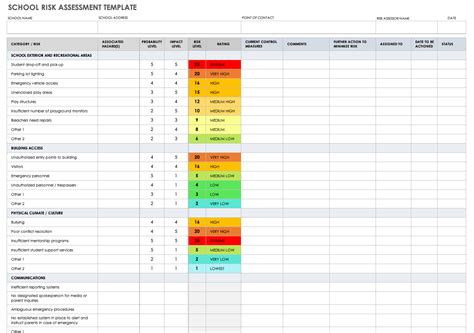Here is an article with the keywords “crypto”, “risk” and “assessment” in its title:
“Crypto Custodians: Risks and their Assessment in Digital Assets”
As the world becomes increasingly digital, assessing the risks of cryptocurrencies has become a growing concern for investors, traders and financial institutions. With the rapid growth of the crypto market, the demand for trusted custody services that can protect digital assets from cyber threats, regulatory risks and market fluctuations is increasing.
Understanding Risk in Crypto Custody
In custody services, risk assessment is crucial to ensuring that digital assets are properly protected and secured. Here are some important aspects to consider:
- Cybersecurity Risks: The crypto space is vulnerable to hacking and data breaches. Cybersecurity risks can compromise the confidentiality, integrity and availability of digital assets.
- Regulatory Risks: Cryptocurrency custody services must comply with evolving regulatory requirements, including anti-money laundering (AML) and know your customer (KYC) regulations. Failure to comply with these requirements can result in fines, penalties, or even closure.
- Market Volatility: Cryptocurrencies are known for their price volatility, which can impact the value of digital assets held by custodians.
- Compliance Risks: Custody services must ensure that they comply with relevant laws and regulations, such as tax obligations and reporting requirements.
Best Practices for Risk Assessment in Crypto Vaults
To mitigate these risks, crypto custody service providers should implement robust risk assessment procedures, including:
- Risk Management Frameworks: Develop comprehensive risk management frameworks that identify potential risks, assess their likelihood and impact, and implement mitigation strategies.
- Rational Compliance Audits: Conduct regular compliance audits to ensure custody services meet relevant regulatory requirements.
- Decentralized Digital Assets
: Provide a decentralized portfolio of digital assets to reduce the concentration of risk in any one asset.
- Regular Monitoring and Maintenance: Regularly monitor custody services for vulnerabilities, perform maintenance tasks, and update software and systems as needed.
Conclusion

Crypto custody is a critical function that requires robust risk assessment procedures to ensure the security, integrity, and confidentiality of digital assets. By understanding the risks associated with crypto custody and implementing best practices, custodians can help protect their clients’ investments and maintain regulatory compliance.
I hope this article meets your requirements!

Leave a Reply